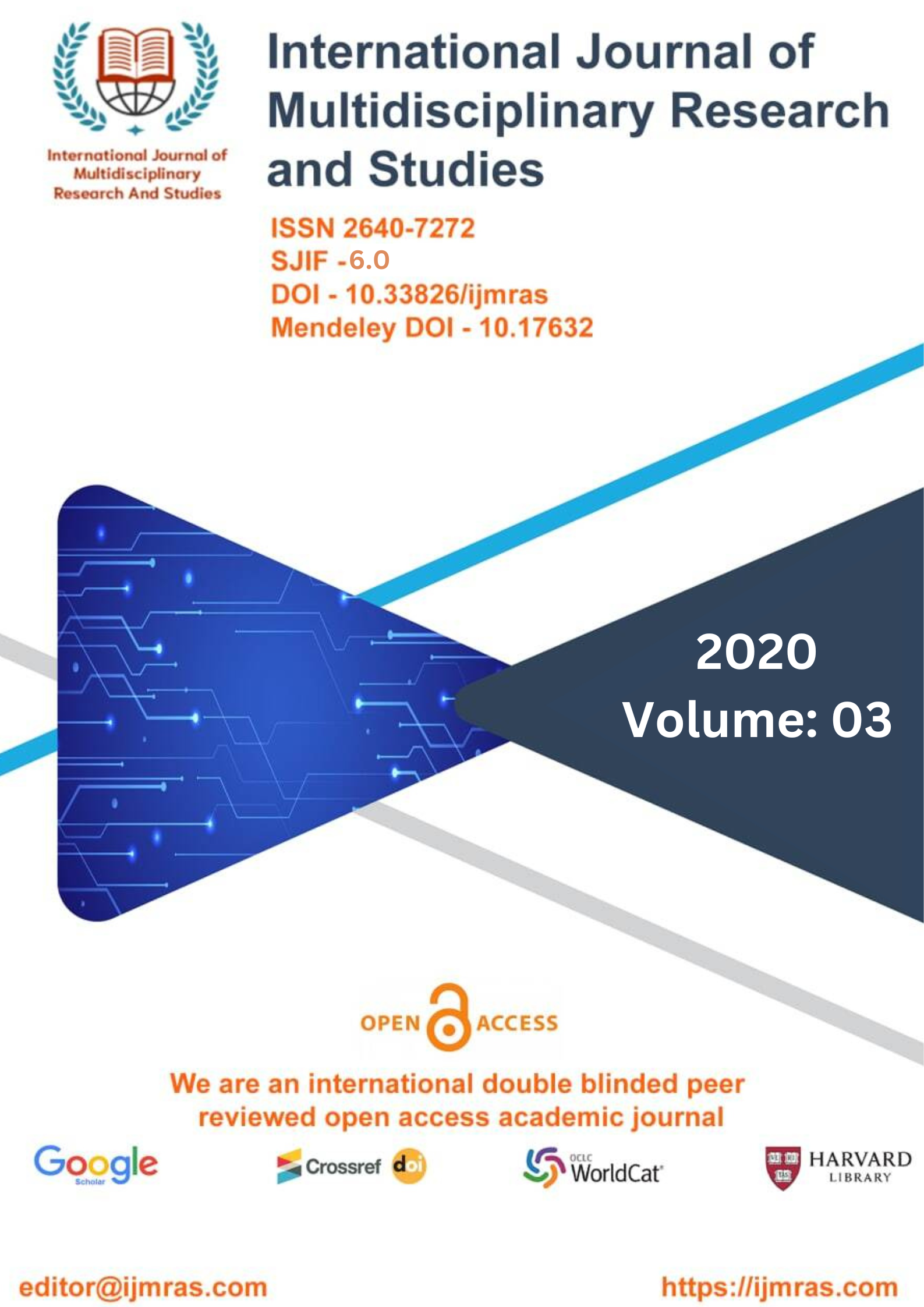A STUDY OF THE UNITED NATION AND ITS ROLE IN DEVELOPMENT

Abstract
The United Nations' primary focus is shifting away from dealing with interstate conflict and toward preventing crimes committed against civilian populations. Ramesh Thakur investigates the evolution of United Nations operations and analyses the organization's shifting function and organizational structure in this book. He raises the questions of why, when, and how it is permissible to employ force, and he contends that the widening gap between legality and legitimacy is evidence of a deteriorating sense of international community. He thinks about the competition that exists between the United States of America, which has the ability to employ force and project power, and the United Nations, which is the core of the international legal system. He maintains that the rule of law and a rules-based order centred on the United Nations are the cornerstones of a civilised system of international relations, and that they are of the utmost central importance. Students of the United Nations and other international organisations studying in departments of politics, law, and international relations will find this book to be of interest.
Keywords
Nation, Role in Development, Organizational, Structure, PoliticsHow to Cite
References
Official Languages Archived 13 July 2021 at the Wayback Machine, www.un.org. Retrieved 31 December 2021.
"United Nations Charter". www.un.org. 17 June 2015. Archived from the original on 18 March 2022. Retrieved 20 March 2022.
"International Organization". National Geographic Society. 23 December 2012. Archived from the original on 16 November 2020. Retrieved 24 October 2020.
"'The League is Dead. Long Live the United Nations.'". National WW2 Museum New Orleans. 19 April 2021. Archived from the original on 24 February 2022. Retrieved 10 March 2022.
"UN Objectives". www.un.org. Archived from the original on 22 November 2018. Retrieved 22 November 2018.
"UN welcomes South Sudan as 193rd Member State". United Nations. 28 June 2006. Archived from the original on 3 August 2015. Retrieved 4 November 2011.
"UN Early years of the Cold War". peacekeeping.un.org. Archived from the original on 22 November 2018. Retrieved 22 November 2018.
"UN Decolonization". www.un.org. 10 February 2016. Archived from the original on 22 November 2018. Retrieved 22 November 2018.
"Post Cold War UN". peacekeeping.un.org. Archived from the original on 22 November 2018. Retrieved 22 November 2018.
"Red Cross-History-Objective". International Committee of the Red Cross. 11 September 2017. Archived from the original on 23 June 2018. Retrieved 28 November 2018.
"League of Nations instituted". history.com. Archived from the original on 4 December 2018. Retrieved 3 December 2018.
"League of Nations and Manchuria invasion". www.johndclare.net. Archived from the original on 27 November 2018. Retrieved 30 November 2018.
"Why the League failed". johndclare.net. Archived from the original on 3 August 2018. Retrieved 3 December 2018.
United Nations, Dept of Public Information (1986). Everyone's United Nations. UN. p. 5. ISBN 978-9211002737. Archived from the original on 16 November 2020. Retrieved 11 November 2020.
License
Copyright (c) 2020 KAMLESHWAR PRASAD

This work is licensed under a Creative Commons Attribution 4.0 International License.
Individual articles are published Open Access under the Creative Commons Licence: CC-BY 4.0.




